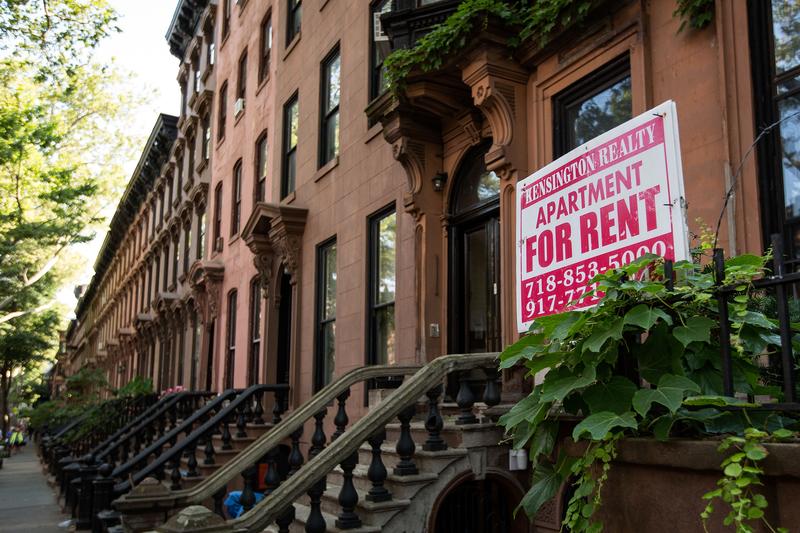
Is your rent legal? It might not be. Your landlord might be charging you too much, and we want your help figuring that out.
Last year, ProPublica and WNYC investigated how some New York City developers jack up rents higher than the law allows — because they received a 421-a tax break when they constructed the building.
Now, ProPublica has found that many landlords have been taking advantage of a different tax break, known as J-51. It helps property owners with the cost of renovating old apartment buildings in exchange for promising to give rent-stabilized leases to tenants. But many of the landlords have not been holding up their side of the deal — and state officials have done little to hold them accountable.
"There are tenants located in these buildings who may have been renting for years, if not decades, and not known that they were entitled to a rent stabilized lease," ProPublica reporter Cezary Podkul told WNYC's Soterios Johnson.
Or perhaps you are being charged a "preferential" rent and then see it hiked up to what the landlord calls "legal." (What's the difference? Our FAQ answers a lot of those questions.) In some cases, the "legal" rent might not be legal after all.
If you think you're being overcharged, or your building should be rent-stabilized and isn't, or if you're seeing a big rent increase after paying a "preferential" rent, please take our confidential survey below.
We're also interested in hearing about any other strange things you may have in your lease — such as bogus confidentiality provisions, which we uncovered in one luxury apartment rental contract. This provision said the tenant could not discuss the preferential rent with anyone without the landlord’s written consent. It's a scary-sounding clause, but likely unenforceable if a tenant brings a complaint against their landlord in court.
Note: Although this web page is unencrypted, information submitted via the form below is encrypted using "https" protocols. If you'd prefer a 100% secure page, visit ProPublica's form directly.
